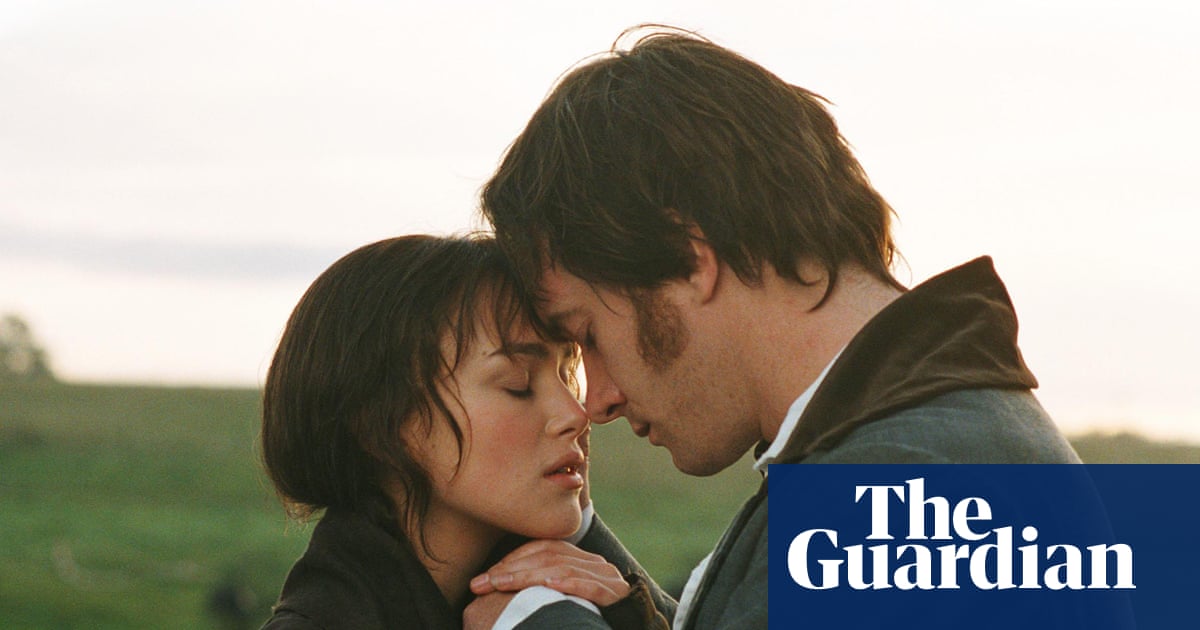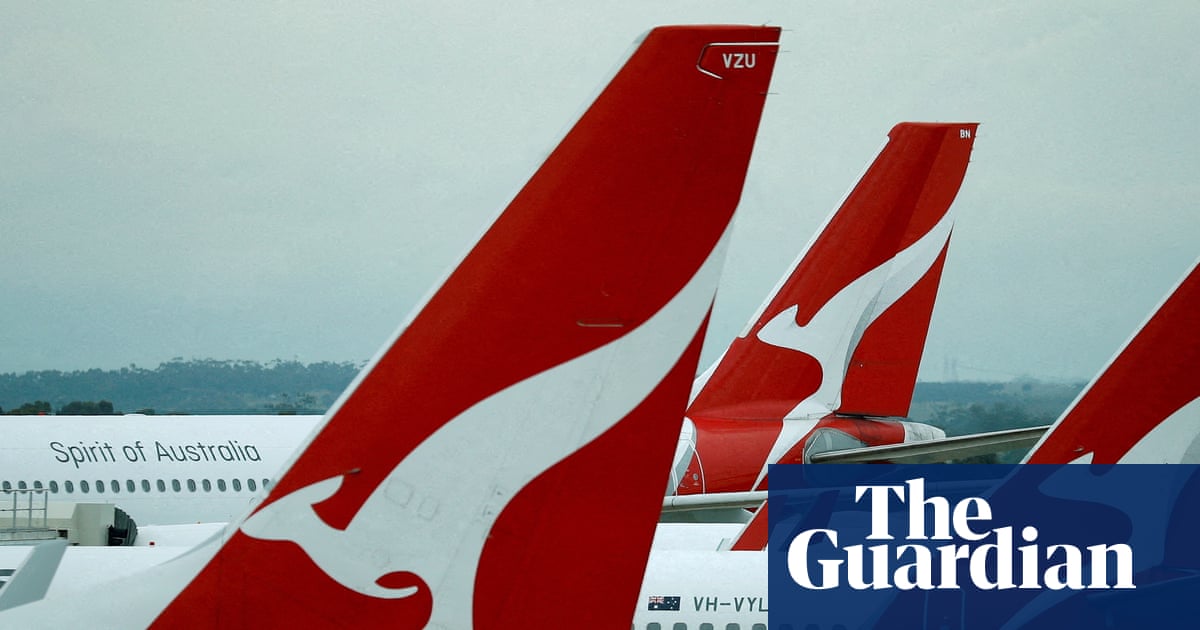Trainwreck has become TV’s unlikely summer breakout, a runaway blockbuster for Netflix.
Not to be confused with the 2015 comedy starring Amy Schumer, Trainwreck is the Netflix-produced anthology documentary series that revisits the shocking, bizarre and chaotic real-life media sensations of yesteryear. Episodes run the gamut from pop culture disasters (Travis Scott’s Astroworld tragedy) to public meltdowns (crack-smoking Toronto mayor Rob Ford) to wildly improbable fiascos (the Carnival “poop cruise”), with each seemingly destined to land on the streamer’s most-watched list.
The Poop Cruise episode alone debuted to 21m views and zoomed to No 1 in a week, according to Netflix’s public-facing ranking system. And there’s already plenty of anticipation for forthcoming installments in the series on the Facebook campaign to storm Area 51 and the balloon boy media hoax (which debuts this week). How did Netflix of all platforms manage to turn the documentary, the most staid and sober of screen genres, into the most bingeable popcorn TV?
The short answer is: Tiger King. That true crime docuseries, about the life of the conservationist turned convicted felon Joe Exotic, began as a serious look into the world of private bookkeeping and quickly became a Covid era-defining television event. The biggest takeaway for Netflix was that audiences would clamor to documentaries that were more entertaining than they were illuminating or edifying, and that star directors like Alex Gibney or even gonzo king Oliver Stone (whose 12-part Untold History of the United States was ripe for QAnon age) weren’t what was ultimately going to draw in viewers or worth the ceiling-setting rates.
So controversy became the juicy hook. As Covid was lifting in the summer of 2021, Netflix announced itself as a major player in the sports documentary with Untold, its series re-examining sports sagas that still grip media and fans – from the Malice at the Palace riot to the University of Michigan’s sign-stealing scandal. And while the series has endured with episodes that surprise (Shooting Guards) and disappoint (Liver King), they rarely penetrate far beyond the world of sports.
Trainwreck, which is produced by the London-based reality juggernaut Raw TV, did not intentionally set out to recycle the Untold formula. Mainly, they were just supposed to be cheap to make and not look like it. The original three-episode order for Trainwreck – working title: Clusterfuck – was dedicated to a single topic – the 1999 reboot of the iconic Woodstock festival, an unmitigated disaster. Breaking up the archival news footage of mayhem and destruction were present-day interviews with the veejays (Carson Daly, the late great Ananda Lewis) and pop gods (Gavin Rossdale, Fatboy Slim) who happened to find themselves in the eye of the storm during those chaotic three days. Unwittingly or not, the series unlocked a hidden truth about documentary programming for the streaming age: that audiences are hungry for any content that alloys scandal and nostalgia and fame, however fleeting that fame may be. The Woodstock doc was a hit from the off, clocking more than 20m hours viewed under Netflix’s old streaming metric. It took nearly three years before the company followed up on that initial success.
The new episodes aren’t just wild nostalgia trips. They’re short, just 45 minutes apiece – making them eminently bingeable. They tap into “relatable chaos”, those high-profile stories that inspire curiosity or a collective rummage through our Covid-addled collective memory: the Dutch teenager who accidentally made her 16th birthday party invitation public and drew thousands of attenders; the Cult of American Apparel, which retraces the fall of the once-ubiquitous clothing brand. They deliver moments that you either can’t fathom (Travis Scott playing on as concert revelers are crushed to death) or can’t turn away from (Ford toking a crack pipe one day, tackling a city councilor another). What’s more: Trainwreck episodes began dropping weekly, a critical scheduling change that keeps viewers invested in the series.
None have captured the imagination quite like Poop Cruise, the grosser than gross deep dive that could’ve been far tougher to stomach. Not only did the film-makers have a blast putting the episode together – “I immediately jumped at it because it was such a remarkable story, such a big story,” director James Ross told me – viewers are still buzzing about it. One Imdb user called it “a psychological and biological meltdown that proves why Lord of the Flies is required reading in high school”.
Of course mass-producing infotainment on the cheap comes with inherent downsides – the trivialization of real human tragedy, not least. One former cruise ship industry veteran, in a YouTube film review, said Trainwreck didn’t do enough to make the cruise “sound as traumatizing as it probably was”. That’s just the start of the context sacrificed for character development, rising tension and other tricks of the scripted trade. At points, it hardly matters that these films are supposed to be trafficking in true events and real life people. Clearly, Netflix’s ultimate goal is engagement, and there’s no arguing that Trainwreck works as perfectly light summer fare. You just wonder what the series portends for the documentary genre, and how much longer it’ll be before our stranger than fiction stories aren’t worth telling if audiences can’t binge them to their heart’s content and vent about the experience on all their platforms to drive more clicks.

 3 months ago
58
3 months ago
58

















































